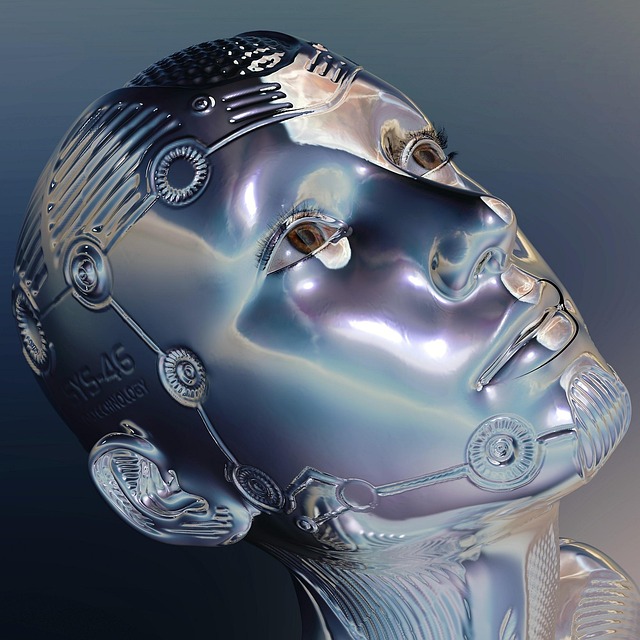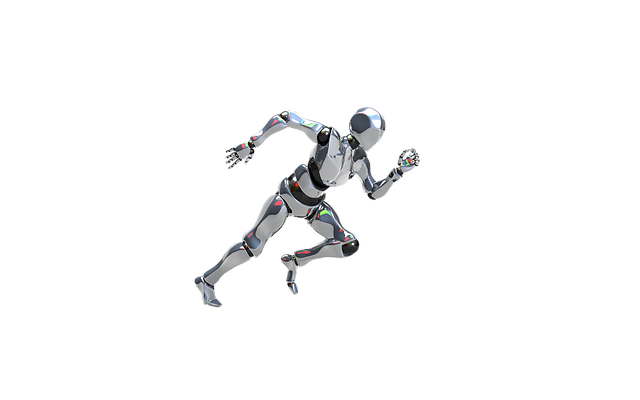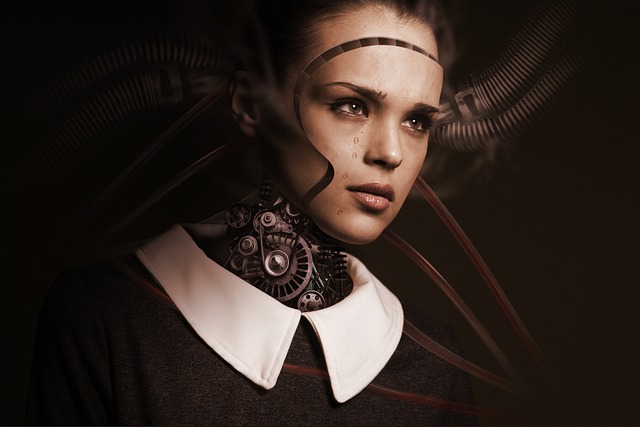
Geoffrey Hinton's Warning: AI's Impact on Employment and Capitalism

Artificial Intelligence (AI) has rapidly evolved from a niche field to a transformative force reshaping industries and societies worldwide. Among the pioneers of this revolution is Geoffrey Hinton, often referred to as the "Godfather of AI." In recent discussions, Hinton has expressed profound concerns about the trajectory of AI development, particularly its potential to cause massive unemployment and exacerbate inequalities within capitalist systems. This blog post delves into Hinton's warnings, explores the implications of AI on employment, and examines the broader economic and social consequences.
Geoffrey Hinton: A Brief Overview

Geoffrey Hinton is a British-Canadian cognitive psychologist and computer scientist whose work has been instrumental in the development of deep learning algorithms. His research laid the foundation for many AI applications we see today, including natural language processing and image recognition. Hinton's contributions have earned him numerous accolades, including the Turing Award, often considered the "Nobel Prize of Computing."
Hinton's Concerns About AI and Employment

In a Fortune article, Hinton articulates his apprehensions regarding AI's impact on the workforce. He highlights several key points:
Massive Unemployment
Hinton predicts that as AI systems become more advanced, they will automate a significant number of tasks currently performed by humans. This automation could lead to widespread job displacement across various sectors, from manufacturing to services. The rapid pace of AI development may outstrip the ability of economies and societies to adapt, resulting in substantial unemployment rates.
Soaring Profits Amidst Job Losses
While AI-driven automation could lead to increased efficiency and productivity, Hinton warns that the resulting profits may not be equitably distributed. In capitalist economies, the owners of AI technologies and the capital invested in them stand to gain disproportionately, potentially widening the wealth gap between the affluent and the working class.
Capitalism's Response to Technological Unemployment
Hinton also critiques the capitalist system's approach to technological unemployment. He suggests that the current economic framework may not be equipped to handle the societal challenges posed by mass job displacement due to AI. Without significant policy interventions, the benefits of AI could be concentrated in the hands of a few, leaving many without means of livelihood.
Historical Context: AI's Impact on Employment

The concerns raised by Hinton are not unprecedented. Throughout history, technological advancements have disrupted labor markets:
-
The Industrial Revolution: The introduction of machinery in the 18th and 19th centuries led to the displacement of many artisanal jobs but also created new industries and opportunities.
-
The Digital Age: The rise of computers and the internet in the late 20th century transformed industries, leading to job losses in some sectors while creating new roles in others.
These historical precedents underscore the dual-edged nature of technological progress.
Potential Solutions and Mitigation Strategies

Addressing the challenges posed by AI requires a multifaceted approach:
Universal Basic Income (UBI)
One proposed solution is the implementation of a Universal Basic Income, where all citizens receive a regular, unconditional sum of money from the government. This approach aims to provide a safety net for those displaced by automation and ensure a basic standard of living.
Reskilling and Education
Investing in education and reskilling programs can equip workers with the skills needed to thrive in an AI-driven economy. Emphasizing STEM education and lifelong learning is crucial to prepare the workforce for emerging industries.
Policy Interventions
Governments can play a pivotal role by enacting policies that promote equitable distribution of AI's benefits. This includes regulating AI development, ensuring fair wages, and supporting industries that create human-centric jobs.
The Role of Corporations and AI Developers

Corporations and AI developers have a responsibility to consider the societal impacts of their innovations. Ethical AI development should prioritize human well-being and address potential negative consequences, such as job displacement and economic inequality.
Conclusion

Geoffrey Hinton's warnings about AI's potential to cause massive unemployment and exacerbate capitalist inequalities serve as a critical call to action. As AI continues to evolve, it is imperative for policymakers, industry leaders, and society at large to collaborate in developing strategies that harness AI's benefits while mitigating its risks. Proactive measures, including economic reforms, educational initiatives, and ethical AI development, are essential to navigate the challenges of an increasingly automated world.
Further Reading
For more insights into AI's impact on employment and capitalism, consider exploring the following articles:
By staying informed and engaged, we can collectively shape a future where AI serves the greater good.